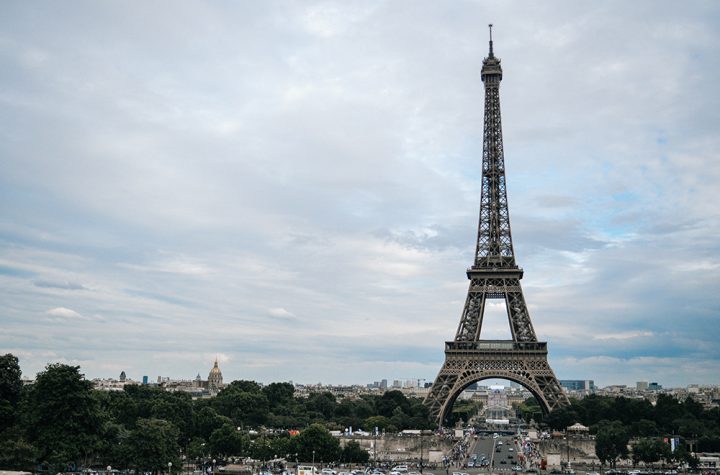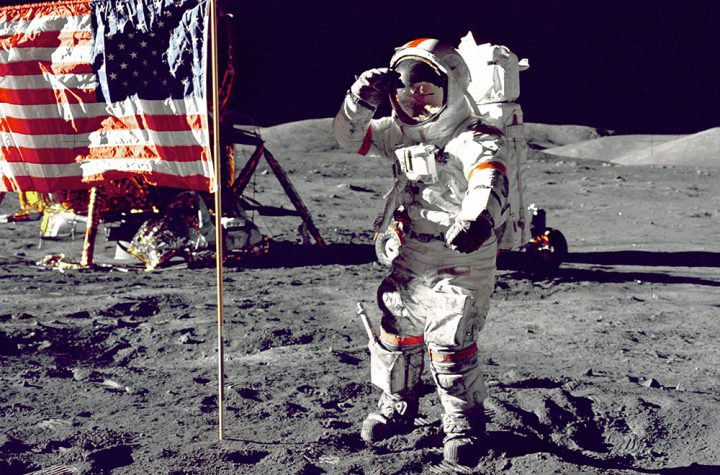
The latest
- The future of Sino-Canadian relations is being put to a historic test in a Vancouver courtroom on Monday as Huawei executive Meng Wanzhou attends her first extradition hearing to decide whether she should be handed over to U.S. prosecutors who accuse her of fraud.
- Ms. Mengs defence, led by veteran lawyer Richard Peck, plans to argue that the crimes shes accused of in the United States lying to financial institutions to skirt U.S. sanctions against Iran would not be illegal here because Canada lifted its sanctions against Iran four years ago.
- Chinas foreign ministry once again called for Ms. Mengs release on Monday. Asked twice if China was confident in the fairness of Canadian courts, ministry spokesman Geng Shuang said Canada and the United States were wantonly and unfairly detaining a Chinese citizen for alleged wrongdoing that both she and Huawei deny.
- In Ottawa, the federal Conservatives called on Canadas ambassador to Beijing to testify before a special committee about the ongoing diplomatic crisis that the Meng case has provoked. Conservative MP John Williamson also said MPs want an update on Michael Kovrig and Michael Spavor, two Canadians whove been detained in China for more than a year in apparent retaliation for Ms. Mengs arrest in 2018.
What are these hearings about?
Huawei chief financial officer Meng Wanzhou.
Darryl Dyck/The Canadian Press via AP
Ms. Mengs court appearances in Vancouver this week are not a criminal trial: The charges of fraud she faces are from U.S. prosecutors, who asked their Canadian counterparts to arrest Ms. Meng in December of 2018. These hearings are to decide whether she should be extradited to the United States to be tried on those charges, which involve her employer, Huawei, allegedly using a subsidiary to sell telecom equipment in Iran, defying U.S. sanctions against that country. The U.S. prosecutors say Ms. Meng lied to American banks about Huaweis relationship with the subsidiary, Skycom Tech, which Huawei denies it controls. Both Ms. Meng and Huawei deny any wrongdoing.
For prosecutors and Ms. Mengs lawyers, the first key question is about double criminality: whether the offence Ms. Meng is accused of in the United States would also be a crime if committed in Canada, which is a requirement under the Canada-U.S. extradition treaty. Fraud is a crime in both countries, but Ms. Mengs lawyers will argue that, because Canada dropped its own sanctions against Iran in 2016, her actions would not be illegal here, and so the extradition should not be allowed.
A whos who
In the courtroom
Meng Wanzhou and her lawyer, Richard Peck.
Reuters, The Canadian Press
Meng Wanzhou: Chief financial officer of the Chinese telecom firm Huawei Technologies Co. Ltd. She was arrested on a stopover at Vancouvers airport on Dec. 1, 2018, at the request of U.S. prosecutors. Since then, she has lived under house arrest at her Vancouver mansion.
Story continues below advertisement
Richard Peck: The lead lawyer on Ms. Mengs defence team. Colleagues described him to The Globe and Mail as old-fashioned, English-style barrister whose career has included some of Canadas most challenging and complicated criminal cases.
Heather Holmes: The B.C. Supreme Court judge who is hearing Ms. Mengs case.
In China
Clockwise from top left: Ren Zhengfei, Dominic Barton, Michael Kovrig and Michael Spavor.
The Globe and Mail, The Canadian Press, The Associated Press
Ren Zhengfei: Ms. Mengs father and the founder of Huawei. He denies U.S. prosecutors accusations against his daughter and his company, but says his feud is more with Washington (which has barred U.S. companies from using Huawei products in developing 5G wireless networks) than with Canada (which has not yet decided whether to institute its own ban on Huawei technology).
Michael Kovrig and Michael Spavor: A Canadian ex-diplomat and businessman, respectively, who were detained in China soon after Ms. Mengs arrest in 2018 and accused of stealing state secrets. They have been in detention for more than a year, subjected to strenuous interrogations without access to lawyers and only once-a-month access to consular services.
Dominic Barton: Canadas ambassador to China since last September. Hes been a key figure in trying to free Mr. Kovrig and Mr. Spavor and dissuade China from further trade penalties against Canadian canola, pork and other products in retaliation for Ms. Mengs continued prosecution.
When will a decision be made?
David Lametti speaks to Prime Minister Justin Trudeau after being presented as Attorney-General at a Rideau Hall cabinet ceremony in November, 2019.
Blair Gable/Reuters
The court proceedings in B.C. could take months to reach a conclusion about whether Ms. Mengs extradition is lawful but even that wouldnt be the end of it. Ultimately, the decision to extradite lies with federal Attorney-General David Lametti, whose terms of reference under Section 44 of the Extradition Act say he shall refuse the extradition if it would be unjust or oppressive having regard to all the relevant circumstances. If he says yes to extradition, Ms. Meng can apply for a judicial review. If she loses, she would be sent to the United States to be tried.
The bigger political picture
Washington, Jan. 15, 2020: U.S. President Donald Trump signs a trade agreement with Chinese Vice-Premier Liu He.
Evan Vucci/The Associated Press
The Meng case is only one way in which Canada has been caught in the middle of a Sino-American tug of war in recent years. The U.S. charges against Ms. Meng and Huawei were launched during an escalating tariff war between the United States and China, and at the time, U.S. President Donald Trump suggested he might intervene with the Justice Department on Ms. Mengs behalf if he could secure a trade deal with Beijing. Now, there is such a trade deal, though many U.S. sanctions remain in place against Chinese products.
Story continues below advertisement
But the Justice Departments case is continuing against Huawei, whose technology Washington fears could be used for surveillance or cyberwarfare. The United States and Australia have pressed other countries in the Five Eyes intelligence alliance, such as Canada and Britain, to follow suit. Canadas government is conducting an internal review and has yet to announce a decision. Huawei, meanwhile, has pinned hopes for its future on Canada, planning to relocate its research and development wings there.
More reading
The Meng case, in depth
Meng Wanzhous extradition: The overlap of law and politics explained
Inside the final hours that led to the arrest of Huawei executive Meng Wanzhou
From arrest to house arrest to extradition hearings: Inside Meng Wanzhou’s Vancouver life
Meng extradition hearing has drawn close scrutiny from advocates for human rights and judicial reform in China
Spavor and Kovrig
365 days of detention in China: What life is like for Canadians Michael Spavor and Michael Kovrig
Chrétiens former chief of staff calls for prisoner exchange with China to free Canadians Kovrig, Spavor
Opinion and analysis
Times Wang and Ti-Anna Wang: The real winner out of Meng Wanzhous hearing? Canadas rule of law
Editorial: Canada is facing Chinas brutal might and our main ally the U.S. is AWOL
John Ibbitson: With China and the U.S., Canada is caught between two belligerent, aggressive powers
Gary Mason: Canadas troubles with China dont end with Meng Wanzhou
Compiled by Globe staff
With reports from Sean Fine, Nathan VanderKlippe, Andrea Woo and Xiao Xu
Our Morning Update and Evening Update newsletters are written by Globe editors, giving you a concise summary of the days most important headlines. Sign up today.





More Stories
As the pandemic wreaks havoc on TV and movie ‘love lives’, intimacy coordinators need to find ways to adapt